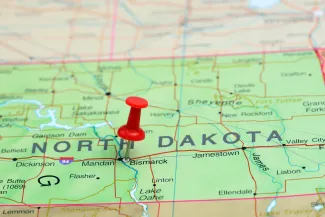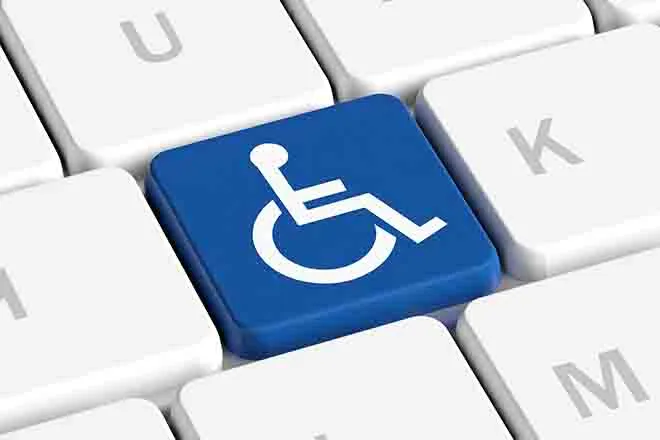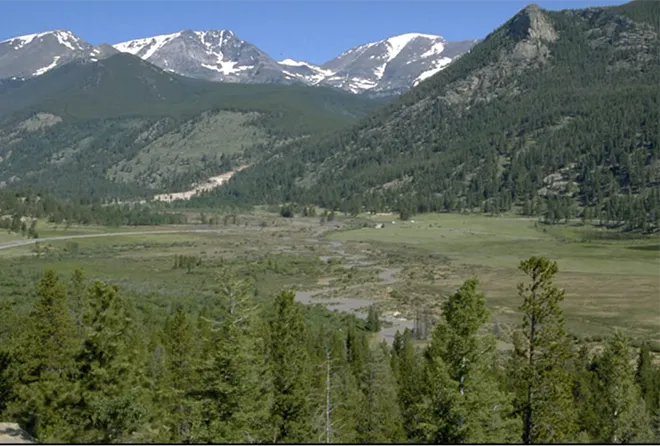
Housing aid, discrimination enforcement face disruptions in North Dakota
Click play to listen to this article.
North Dakota housing assistance offices helping with rent vouchers and discrimination cases are having to do more with less as federal changes take shape, and they warned additional headwinds are possible.
In recent months, the Trump administration has implemented a flurry of moves dealing with the Department of Housing and Urban Development, including staff reductions in field offices.
Dave Klein, executive director of the Great Plains Housing Authority, said it makes it hard to seek guidance when working with clients on HUD-backed initiatives.

"It does have an impact of when you're trying to do certain things," Klein pointed out. "We can't come up with an answer or get the resources for the landlord and the tenant in a timely fashion, or in a fashion that we used to be able to."
House Republicans and the White House want to cut rental aid, saying money should be shifted to states to reshape their programs. Klein countered it would take time and legislative work, as many people still struggle with rising housing costs. He added some plans could reduce administrative burdens, depending on how they are crafted. The HUD Secretary said existing programs are too "bloated and bureaucratic."
The Trump administration already cut HUD grants to help prevent housing discrimination based on an applicant's sexual orientation or gender identity.
Michelle Rydz, executive director of the High Plains Fair Housing Center, said without the funding, they are in a bind educating LGBTQ+ populations about their rights, including informing them about subtle forms of unfair practices.
"They say discrimination is with a smile and a handshake, so they might get delayed in getting responded to, not shown as many apartments," Rydz explained.
Like Klein, Rydz worries about the long-term future of rental aid, with the White House proposal including a nearly 40 percent reduction.
"The administration said as they were coming into office that they were going to address the high cost of living," Rydz observed. "But really, looking at the proposals, it looks to me like it's going to only increase housing instability."

















